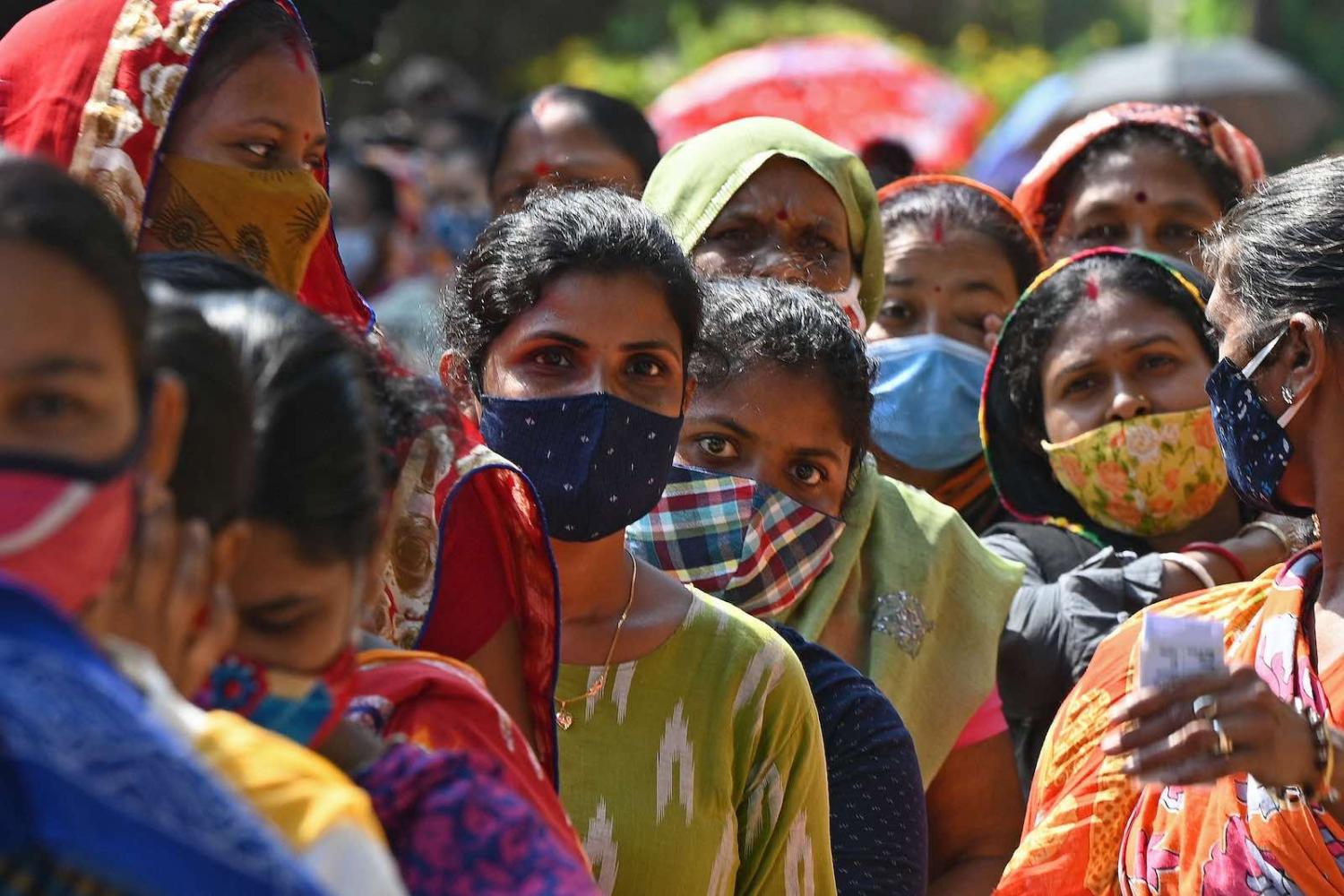By virtue of the 73rd Amendment 1, Panchayati Raj Institutions (PRIs) were designated as local self-governing entities in 1992. In order to stop historically dominant groups from seizing all the political, economic, and social resources and opportunities, reservations for women and Scheduled Castes and Scheduled Tribes were also guaranteed. In particular, the amendment required every State to reserve one-third of the Sarpanch/Pradhan (leader of a village’s directly elected decision-making body) positions for women.
Various Scholars and critics are divided over how the amendment has affected gender attitudes and the overall governance in the villages. Some insist that the law has brought about positive changes while others disagree, believing that all it has managed is a progressive front behind which the same patriarchal powers are in play.
Rather than getting into who is more right or wrong here, the need of the hour is to look into the roadblocks women face in the political domain and what we can do to improve the situation. In lieu of the Women’s Reservation Bill which was passed by the parliament recently, it’s important to take stock of what challenges are faced by women leaders despite such reservation policies.
Why is there an increased challenge for women?
Patriarchy and the gendered stereotypes and biases it perpetuates are one of the biggest challenges for female politicians. There have been female political leaders, but most of them have not received the same recognition or opportunities as male politicians in equivalent positions. Most of them also have to rely on superimposing domestic roles or goddess imagery onto their political image to get ahead.
It’s important to understand that when we talk about increasing women’s participation in politics, it’s not just a problem of getting women to vote or contest in elections. We have to take into account everything that is stopping them from doing so, thus, the entire system of patriarchy that oppresses women at every turn.
For instance, the former Chief Minister of Tamil Nadu, Jayalalitha, a prominent female politician was referred to as ‘Amma,’ (Mother) throughout her political career implying that every citizen of the state is her child. A male politician doesn’t have to be called a ‘father,’ or any such thing since his leadership abilities are never in question.
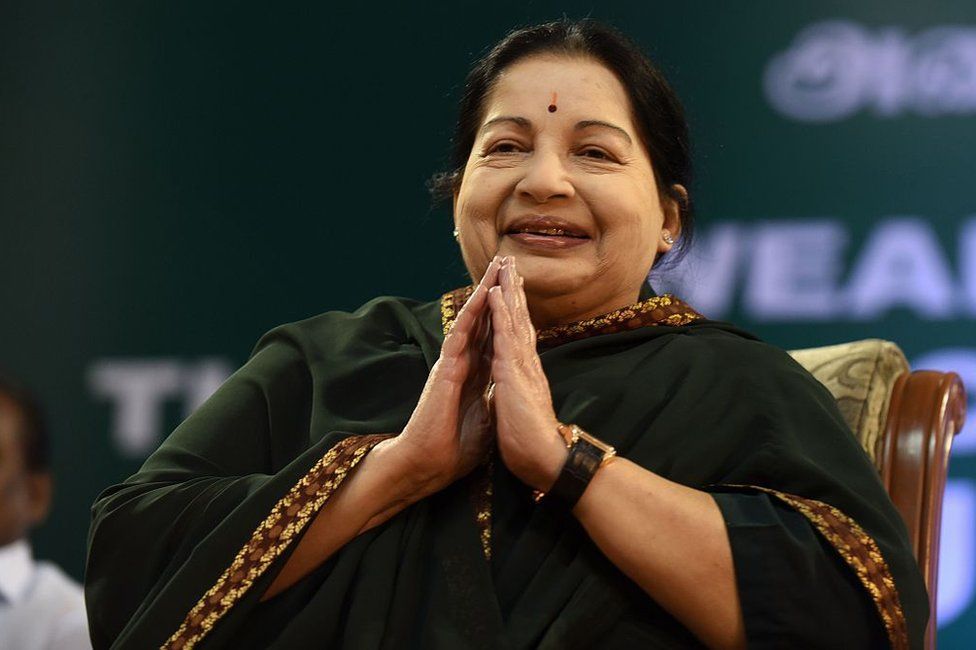
It’s important to understand that when we talk about increasing women’s participation in politics, it’s not just a problem of getting women to vote or contest in elections. We have to take into account everything that is stopping them from doing so, thus, the entire system of patriarchy that oppresses women at every turn.
Female literacy rates, gendered violence and cultural attitudes towards women become significant hurdles to their success. It is more difficult for women to transition from their domestic roles to public life in politics because of the gender gap and the lack of education and awareness they receive, particularly in rural areas.
Digital media and how it works against women leaders
The most widespread platform for political communication today is digital media. The public has reacted differently to politicians’ use of social media channels to further their political discourse. However, compared to their male colleagues, female political leaders frequently experience a different pattern of treatment.
It’s not uncommon to see female politicians being trolled for their appearance or find memes and videos that proclaim women’s inferiority in the political sphere. For instance, one research study takes a look at how female politicians are meticulously stereotyped online and robbed of their political agency.
Voters hold a female leader liable for being an inadequate leader if her look does not fit the gender stereotype of women as sensitive and caring decision-makers. Adjectives like ‘senseless female,’ ‘angry,’ ‘ugly,’ etc. are freely used to describe women in politics. Additionally, the focus on physical characteristics and the presumption that women are solely concerned with ‘hair, husband, and hemlines,’ hinder female politicians from being taken seriously.
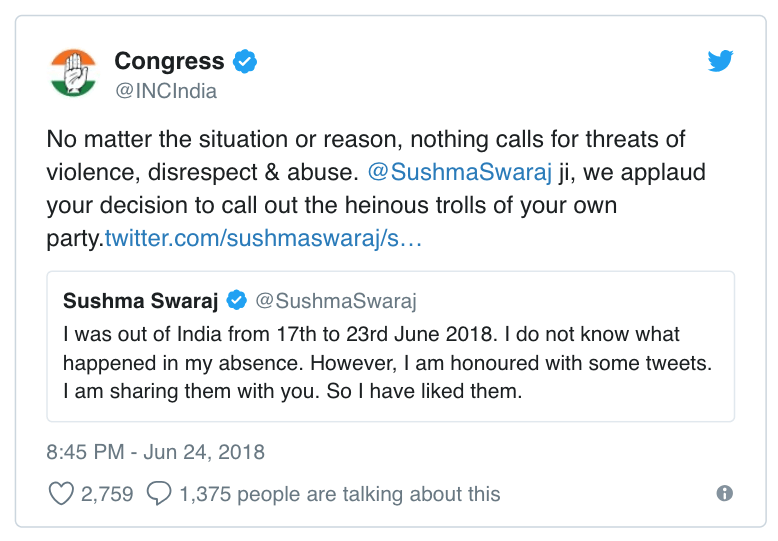
Mayawati, who is a prominent female Dalit politician is regularly accused of using Photoshop to make herself look younger in her Twitter profile picture. Her Twitter comments are rife with derogatory words that are meant to define and demean her appearance. This kind of behaviour is very demotivating since she is neither taken seriously nor treated with respect. While the research only takes a look at Twitter, it’s not hard to see the same kind of smear campaigns against women leaders both online and offline, from the Parliament to panchayats.
Challenges faced by female politicians in rural areas
Even at the state and national level, women leaders get abused, harassed and attacked based on their appearance and moral character. The constant insistence that women don’t belong on the scene demotivates them, and they are purposefully excluded from politics and decision-making. In a study conducted by researchers, Shashi Kaul and Shradha Sahni in 2009, they interviewed 33 women elected representatives in Panchayats and provided insights into the kind of challenges they face.
Some of the women representatives in the study responded that their male colleagues sometimes don’t inform or invite them to meetings that have been scheduled. Furthermore, if they do end up attending the meetings, their inputs are ignored.
The women felt that their suggestions were ignored only because they are women which is very much possible given the patriarchal set-up of a typical Indian village. Due to not receiving respect from their colleagues, some women stop attending the meetings entirely since they feel that their presence is not valued.
The study also reveals that some respondents were at the receiving end of abusive language from their male colleagues. Even though the study doesn’t mention it, women often feel unsafe in their workplaces and are constantly under threat of possible violence and harassment. These circumstances make it infinitely harder for women to step into the political sphere.
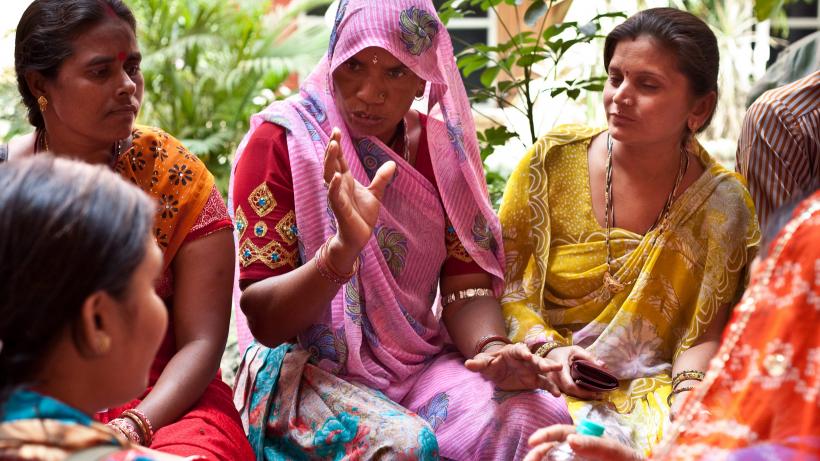
While some respondents said that it was their families that pushed for them to enter local politics and it has changed their lives positively despite the challenges, many still felt that they didn’t receive enough support from their families. Despite taking on the additional responsibilities of a Sarpanch, they were not allowed to slack off in their domestic roles (for instance, they received no help from their families in finishing household chores) and this, in turn, proved very restrictive to them. Some respondents also mentioned how their families refused to back them financially in order to stop them from participating in politics.
Furthermore, the majority of female leaders acknowledged that their husbands prevented them from participating in activities or forbade them from attending meetings. In many cases, the husband made decisions regarding the Panchayat, while the wife signed or gave thumbprints on the official documents. This is a form of proxy politics that is rampant at the local levels of government in India.
Going ahead
An institutional framework for guaranteeing the presence of women in legislation is essential due to the predominance of patriarchal tendencies and pervasive sexism in political parties and institutions. In addition to undermining the spirit of democracy, the underrepresentation of women in politics denies women the equal rights and opportunities provided by our Constitution.
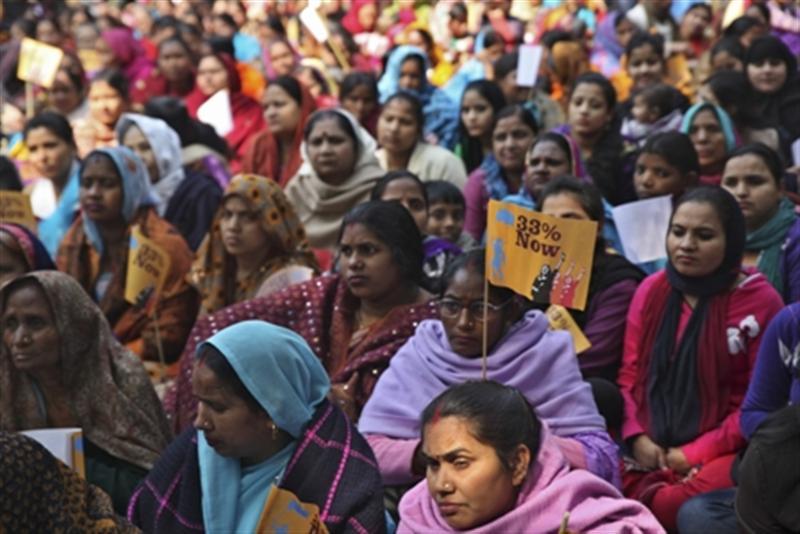
Political engagement is a crucial component of women’s empowerment because it gives them a voice in the decision-making process, allows them to influence the policies that have an impact on their lives and allows them to hold leaders responsible. Women face various challenges in politics both in public and online spaces and in all levels of government.
We need more women in politics but it’s also important to understand that the process must be simultaneous. This kind of simultaneous progression is the only way through which India can successfully empower women and work towards gender equality.
About the author(s)
Sharanya Gopalakrishnan is a recently graduated journalism student from Flame University. She
loves reading and watching cringe TV shows. She hopes to publish her own novel someday.
